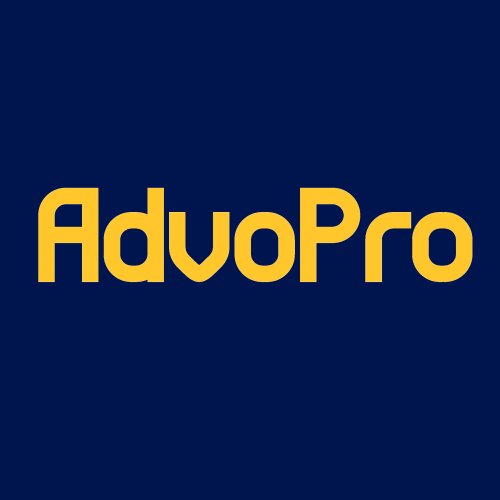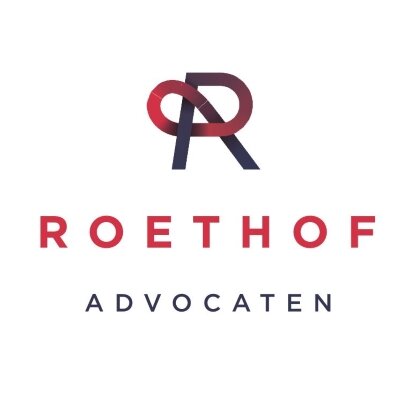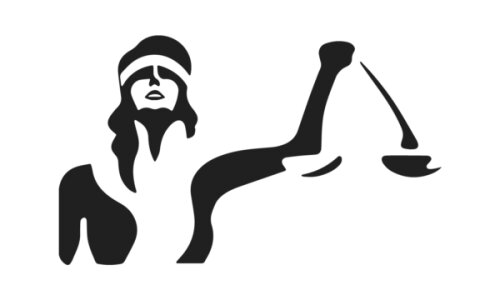Best Antitrust Litigation Lawyers in Netherlands
Share your needs with us, get contacted by law firms.
Free. Takes 2 min.
Or refine your search by selecting a city:
List of the best lawyers in Netherlands
About Antitrust Litigation Law in Netherlands
Antitrust litigation in the Netherlands refers to legal actions taken to address violations of competition laws, often known as antitrust laws. These laws are designed to promote fair competition, prevent monopolies, and protect consumers from practices that harm market efficiency. The Netherlands has a robust legal framework, influenced by both national legislation and European Union law, aimed at ensuring a level playing field in the marketplace. Legal disputes may involve issues like price fixing, abuse of dominant market positions, cartels, or unfair agreements that restrict competition.
Why You May Need a Lawyer
There are several scenarios where seeking the help of a lawyer experienced in antitrust litigation can be crucial. If your business is accused of violating competition rules or you suspect competitors are engaging in anti-competitive behavior, legal advice is essential to protect your interests. Lawyers can assist with investigations by the Dutch Authority for Consumers and Markets (ACM), represent you in court or before regulatory authorities, negotiate settlements, and advise on compliance to prevent future violations. Individuals or businesses affected by anti-competitive practices, such as exclusion from a market or unfair pricing strategies, may also need legal representation to seek damages or corrective action.
Local Laws Overview
Dutch antitrust law is governed by the Dutch Competition Act (Mededingingswet), which aligns with key provisions of European competition law. The law prohibits agreements that restrict competition, abuse of a dominant market position, and certain forms of mergers and acquisitions that could harm competitive conditions. The ACM is the main regulatory body responsible for monitoring and enforcing these laws. In addition to administrative penalties, civil litigation is possible, allowing affected parties to claim damages. Compliance with antitrust laws is required for all businesses operating in the Netherlands, irrespective of size or industry.
Frequently Asked Questions
What is considered an antitrust violation under Dutch law?
Typical violations include price fixing, market sharing, bid rigging, abuse of dominant position, and entering into agreements that restrict competition.
Who enforces antitrust laws in the Netherlands?
The Dutch Authority for Consumers and Markets (ACM) is responsible for the enforcement of antitrust laws in the Netherlands.
Can individuals or businesses file lawsuits for antitrust violations?
Yes, parties harmed by anti-competitive practices can initiate civil litigation in Dutch courts to seek damages or other remedies.
What penalties can result from antitrust violations?
Penalties may include significant fines, orders to cease illegal activities, compensation to affected parties, and potential reputational damage.
How does the Dutch Competition Act relate to EU law?
The Dutch Competition Act is harmonized with European competition law, especially Articles 101 and 102 of the Treaty on the Functioning of the European Union (TFEU). In many cases, both national and EU law may apply.
Can a company be penalized for anti-competitive behavior in the Netherlands even if headquartered elsewhere?
Yes, as long as the anti-competitive behavior has effects in the Dutch market, the company can be investigated and penalized under Dutch law.
What is the role of the ACM during investigations?
The ACM investigates complaints, gathers evidence, conducts dawn raids, and decides whether a violation has occurred, potentially imposing fines and other remedies.
Is compliance training recommended for businesses?
Yes, regular compliance training helps ensure all employees understand and abide by competition laws, reducing the risk of violations.
Are leniency programs available for businesses that admit to antitrust violations?
Yes, the ACM offers leniency programs that may reduce or waive penalties for companies that voluntarily report their involvement in illegal cartels.
How long do antitrust cases typically take in the Netherlands?
The duration varies depending on complexity but investigations and litigation can take months or even years. Early legal advice may speed up resolution.
Additional Resources
- Dutch Authority for Consumers and Markets (ACM): Main regulator for competition law enforcement - Netherlands Bar Association: Resource for finding experienced competition law attorneys - European Commission (Competition Directorate-General): Guidance on EU-wide competition law and cases - Dutch Ministry of Economic Affairs and Climate Policy: Provides updates on competition regulation and policy - Commercial legal organizations and compliance consultants specializing in Dutch and EU competition law
Next Steps
If you believe you need legal assistance related to antitrust litigation in the Netherlands, consider the following steps:
- Gather all relevant documents and evidence related to your case - Schedule a consultation with a lawyer who specializes in competition law - Prepare a summary of your concerns and the questions you have - Follow your lawyer’s advice regarding regulatory interactions or investigations - Consider compliance audits or training for your business to prevent future issues - Stay informed about any updates or changes in Dutch and EU competition law
Seeking professional legal advice early on can help protect your business and ensure your rights are upheld during any antitrust investigation or litigation.
Lawzana helps you find the best lawyers and law firms in Netherlands through a curated and pre-screened list of qualified legal professionals. Our platform offers rankings and detailed profiles of attorneys and law firms, allowing you to compare based on practice areas, including Antitrust Litigation, experience, and client feedback.
Each profile includes a description of the firm's areas of practice, client reviews, team members and partners, year of establishment, spoken languages, office locations, contact information, social media presence, and any published articles or resources. Most firms on our platform speak English and are experienced in both local and international legal matters.
Get a quote from top-rated law firms in Netherlands — quickly, securely, and without unnecessary hassle.
Disclaimer:
The information provided on this page is for general informational purposes only and does not constitute legal advice. While we strive to ensure the accuracy and relevance of the content, legal information may change over time, and interpretations of the law can vary. You should always consult with a qualified legal professional for advice specific to your situation.
We disclaim all liability for actions taken or not taken based on the content of this page. If you believe any information is incorrect or outdated, please contact us, and we will review and update it where appropriate.
Browse antitrust litigation law firms by city in Netherlands
Refine your search by selecting a city.
















